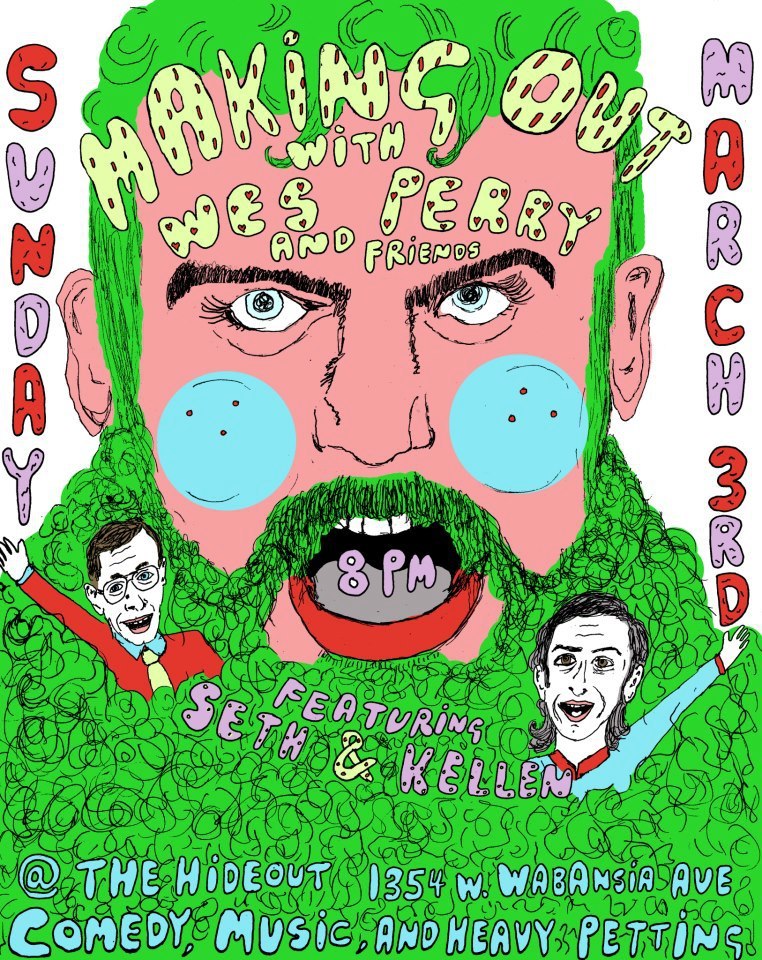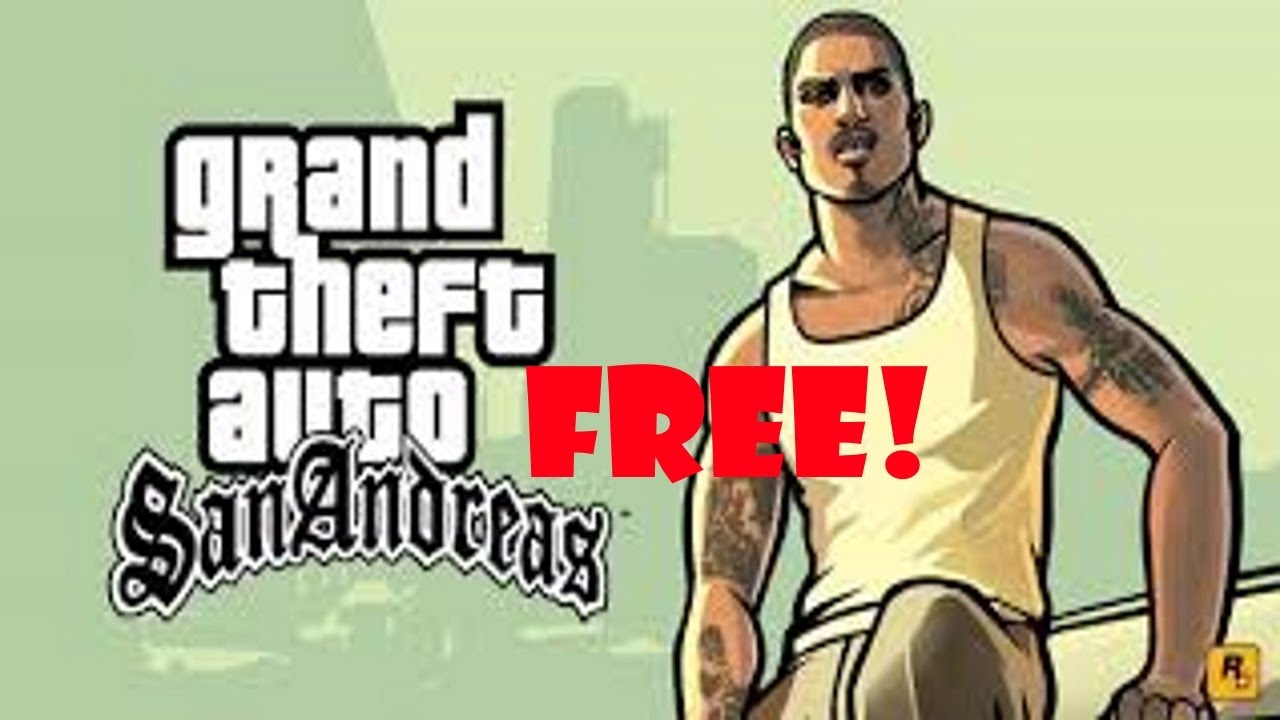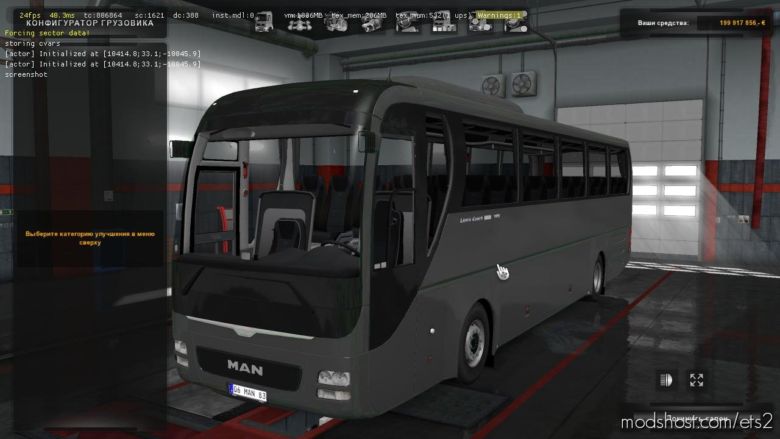

Aziz Shehadeh chose a relentless focus on the present through legal and political advocacy for the rights of Palestinians. of dreams and anticipation and memory’ that he felt had trapped many Palestinian refugees.

Much of his life and career has been defined by following his father’s lead in rejecting what he called the ‘shadow life. Developers pile floors upon high-rise buildings that block out the views, and no room is left for parks. As the countryside is lost to settlements and closed military zones, the pressure builds on space in Ramallah. The absence of space is a recurrent feature. Landmarks that tell the history of the conflict the police station bombed by an Israeli helicopter, the house where Aziz Shehadeh drafted a proposal for a two-state solution, the bunker where Yasser Arafat spent his last days. The bank that replaced a fruit and vegetable market. The office blocks that were once stately homes. Shehadeh sees the city as it is, and as it was. He knows the inhabitants too, and they know him – from the pavement cleaners to the owner of the Heliopolis Fashion store. He can recount the history, from the clans who founded Ramallah in the 16th century to its reinvention as a melting pot for refugees after the Nakba – ‘catastrophe’ – of 1948.

Now 68, the author has come to know the city intimately, down to every barbershop and ice cream stand. Despite his success, Shehadeh rejected the opportunity to emigrate as many of his well-off peers did. Shehadeh’s previous books such as Palestinian Walks, on his rambles through diminishing landscapes, and Strangers in the House, on his troubled relationship with father Aziz, a high-profile lawyer, won international acclaim.

The Orwell Prize-winning author, lawyer, founder of human rights group Al-Haq, and former advisor to the PLO on peace negotiations, has lived the vast majority of his life in Ramallah. Along the way he considers the myriad ways that half a century of occupation, of thwarted ambitions and crushing defeats, have left their mark on him and his home city. In his latest book, Going Home, Raja Shehadeh takes a long walk around Ramallah on the 50th anniversary of the Occupation. The soldiers moved on eventually but the hotel, stripped of its grandeur and mystique, closed shortly after. ‘Soldiers slept in the rooms that had welcomed tourists and honeymooning couples,’ Raja Shehadeh recounts. When the Israeli army occupied the city in 1967, they made the Grand their headquarters. Visitors would travel from across the Middle East to experience it. An Italian band would play during summer afternoons. The Grand Hotel was once a focal point of social life in Ramallah.įamilies would take leisurely lunches in the gardens. But, writes Kieron Monks, there are glimmers of hope. In his new book, Raja Shehadeh laments a breakdown of solidarity in Palestine.


 0 kommentar(er)
0 kommentar(er)
